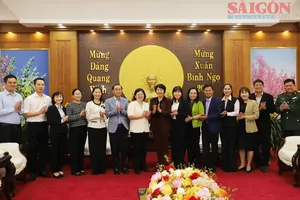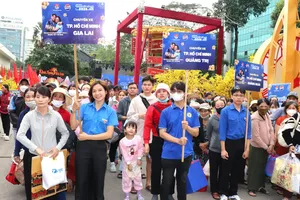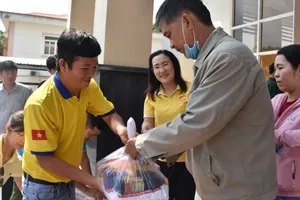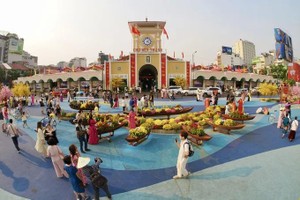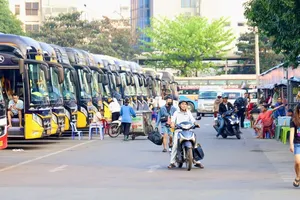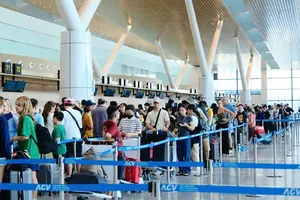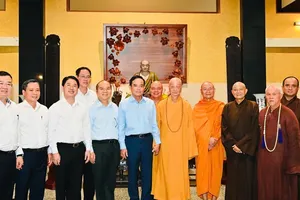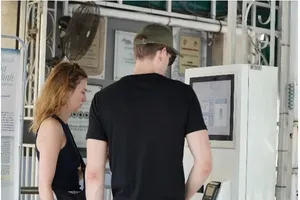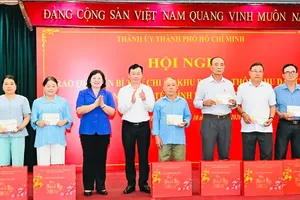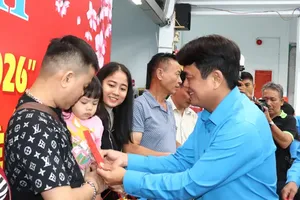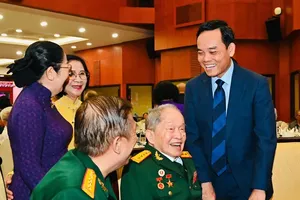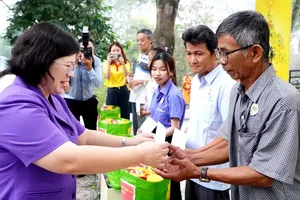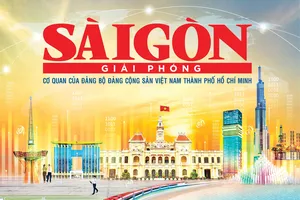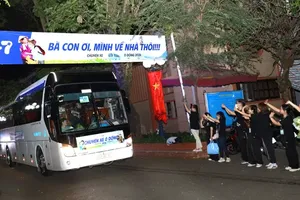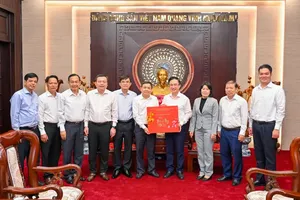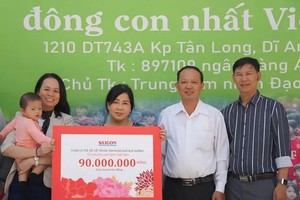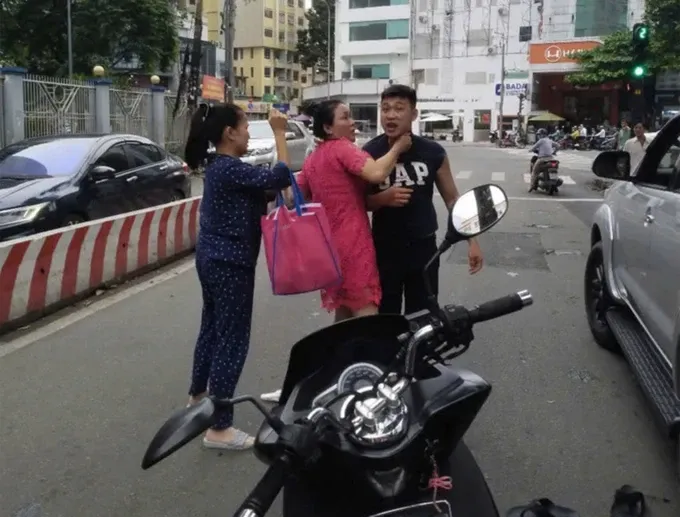
Traffic accidents are an undesirable yet potentially inevitable occurrence that can befall anyone at any moment. Therefore, each individual’s consciousness when participating in traffic must be continuously refined, trained, and elevated to truly demonstrate responsibility toward oneself and fellow road users.
Nguyen Duoc from District 5 expressed that inhabitants of HCMC genuinely welcome and feel that the authorities of District 4 swiftly apprehended the man who brutally assaulted a young woman following a traffic collision, or that District 1 Police arrested a driver who attacked someone at Tu Du Hospital’s entrance merely for being reminded about improperly parked vehicles.
Recently, most traffic collision incidents inducing disputes or fights in public spaces have resulted in merely administrative penalties, proving insufficiently deterrent. There is a critical need to enhance responsibility, consciousness, and to cultivate cultured behaviors, encouraging mutual assistance during unfortunate traffic incidents – for such actions represent civilized road participation.
Any assault during traffic interactions, particularly against women, elderly, or children, should be rigorously prosecuted, even if physical injuries do not exceed 11 percent as stipulated by the Criminal Code.
Nguyen Van Tung from Binh Thanh District commented that in reality, he has experienced multiple traffic collisions but maintained composure during resolution. If he is at fault, he simply apologizes and helps the victims; conversely, he may constructively critique the violating party.
To address traffic collision challenges, individuals must embrace legal supremacy, stringently adhering to traffic regulations. People frequently articulate noble principles yet paradoxically behave differently when confronted with roadway situations.
During peak traffic hours, traffic culture compliance becomes exponentially more critical. Should unavoidable collisions occur, one should respond civilly, avoiding verbal escalations that potentially trigger mutual offense and physical confrontations, thereby compromising public security.
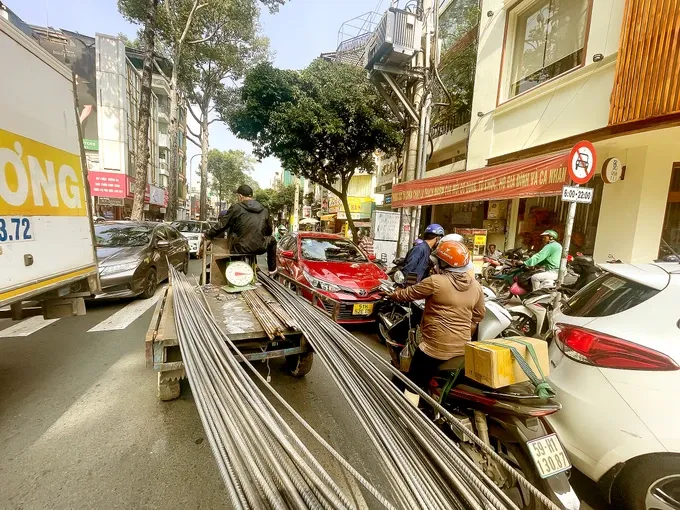
Le Duc Tho, a former official in HCMC University of Law said that recently, seemingly trivial traffic interactions have increasingly devolved into physical assaults and potentially fatal encounters due to insufficient self-restraint. Street thuggery not only disrupts public order but has become a pervasive societal nightmare.
Multiple causative factors contribute to such behavior, including inadequate punishing measures. While the Government has issued Decrees 100/2019/ND-CP and 123/2021/ND-CP addressing transportation administrative violations, existing penalties remain insufficiently deterrent.
To curtail roadway thuggery, legislation must stipulate not only criminal penalties for bodily injury, but also implement stringent punishments for humiliation and physical violations. Only by applying criminal prosecution targeting individuals who demonstrably disregard legal frameworks, human health, and life can such behavioral pathologies be effectively suppressed.
Pham Lam Viet Huy from Go Vap District stated that currently, numerous roadways, particularly those near educational institutions or tourist destinations, experience significant congestion during peak hours.
Passenger vehicles and transport trucks frequently obstruct motorcycle lanes, compelling two-wheeled vehicles to navigate dangerously within automotive zones. On narrower streets, merely a few parked automobiles can entirely impede motorcycle traffic. Without vigilance, such scenarios precipitate inevitable conflicts.
He praised the decisiveness of bus drivers or tour coach drivers who prioritize adhering to traffic regulations, even when passengers request stops in unauthorized areas just for a little more convenience.
9 Road Traffic Culture Criteria:
- Voluntarily adhering to traffic legislation
- Executing standardized, professional, and civilized responsibilities
- Respecting and assisting fellow road users
- Demonstrating personal and communal responsibility during traffic participation
- Utilizing designated lanes and roadway sections
- Abstaining from illegal racing and racing encouragement
- Complying with legal protocols during traffic violation processing
- Constructing normative, safe transportation infrastructure
- Cultivating a consciousness toward developing friendly, secure traffic environments
Pursuant to Decision 3500/QD-BVHTTDL in 2013 by the Ministry of Culture, Sports, and Tourism
